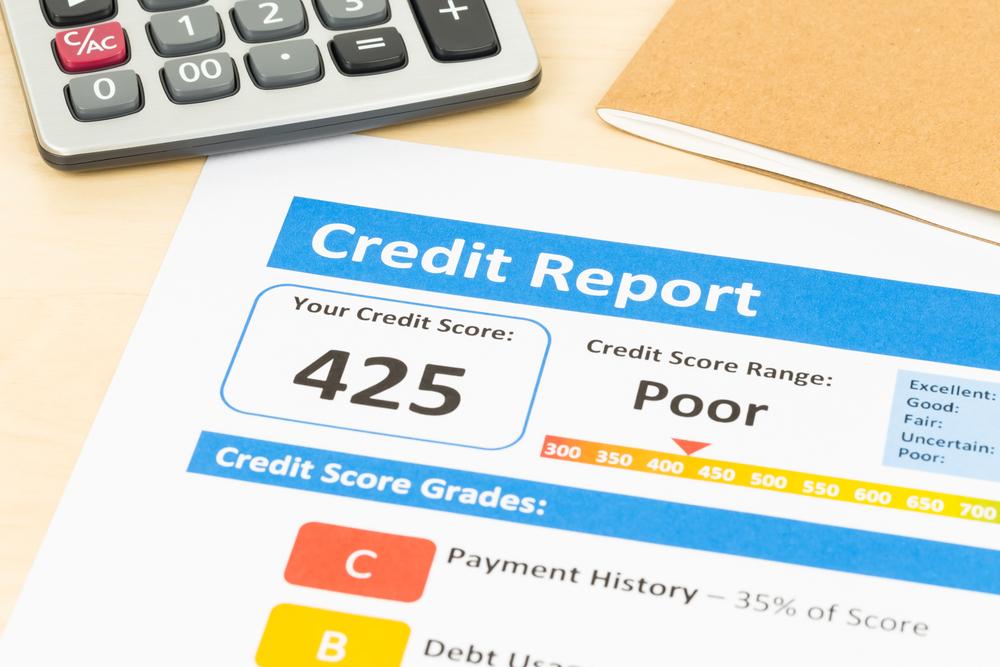Ultimate Guide to Improving Your Credit Score for Home Loan Success
Securing your dream home depends heavily on your credit score. This comprehensive guide details practical strategies like prompt bill payments, credit report reviews, debt clearance, and professional conduct that can enhance your credit profile. Improving your score boosts approval chances and helps secure favorable loan terms, saving you money in the long run. Whether you're just starting or need to improve an existing score, these actionable tips are essential in navigating the home loan process successfully. Begin today to lay a solid foundation for your future homeownership.

Ultimate Guide to Improving Your Credit Score for Home Loan Success
Securing a home loan is one of the most significant financial commitments you will undertake, and your credit score plays a critical role in determining your eligibility and loan terms. A high credit score can not only increase the likelihood of approval but also help secure favorable interest rates, saving you thousands over the life of your mortgage. If your credit score is lower than desired, there are proven strategies to elevate it, making your homeownership ambitions more attainable. This comprehensive guide explores effective methods to improve your credit profile, ensuring you are well-positioned for your dream home.
Pay Your Bills Promptly and Consistently – Payment history is a cornerstone of your credit report, accounting for a significant portion of your credit score. Timely payments on mortgages, utilities, credit cards, and other bills demonstrate financial responsibility and reliability. Missed or late payments can severely damage your credit standing and remain on your report for up to seven years. To boost your score, set up automatic payments or reminders to ensure all bills are paid before their deadlines. Maintaining a track record of punctual payments signals to lenders that you are a dependable borrower.
Regularly Review Your Credit Reports – It's essential to periodically check your credit reports from all major credit bureaus. Errors, outdated information, or fraudulent accounts can negatively impact your score. For instance, incorrect late payments or accounts that do not belong to you can lower your credit rating unjustly. Request free annual reports from agencies like Equifax, Experian, and TransUnion, and scrutinize them carefully. If you discover any inaccuracies or fraudulent activities, dispute these records promptly through the credit bureau’s dispute process. Correcting these errors can lead to noticeable improvements in your credit score.
Pay Off Old and Outstanding Debts – Clearing old debts shows lenders that you are capable of managing credit responsibly. Focus on paying off overdue loans, credit card balances, or collection accounts. Avoid carrying high balances on credit cards because high utilization rates (above 30%) can lower your credit score. Consider consolidating multiple debts into a single manageable loan with a lower interest rate, which can simplify repayment and help improve your credit profile. Demonstrating debt management and reduction strategies enhances your chances of approval and may also qualify you for better loan terms.
Maintain a Professional Financial and Personal Image – While your credit score is crucial, lenders also consider your overall financial behavior and personal conduct. Present yourself confidently and professionally when dealing with banks or mortgage brokers. Be punctual for appointments, respond promptly to requests for additional documentation, and communicate transparently. Building a good relationship with your lender can positively influence their decision, especially if your financial profile has minor issues. Establishing trust and professionalism supports your application beyond just your credit score.
In addition to these core tips, consider managing your credit mix by maintaining a healthy balance of different types of credit, avoiding unnecessary new credit inquiries, and keeping your debt-to-income ratio low. These strategies collectively enhance your creditworthiness, increasing your chances for home loan approval and securing favorable loan conditions. Remember, improving your credit score is a gradual process that requires discipline and consistency but is well worth the effort to achieve your desired homeownership goals.
Understanding and actively working to improve your credit score is essential when applying for a home loan. By paying bills on time, reviewing and correcting credit reports, clearing old debts, and maintaining a professional attitude, you can significantly boost your creditworthiness. A strong credit score not only increases your chances for approval but can also qualify you for lower interest rates, leading to substantial savings over the lifetime of your mortgage. Start implementing these best practices today to make your path to homeownership smoother and more secure.





